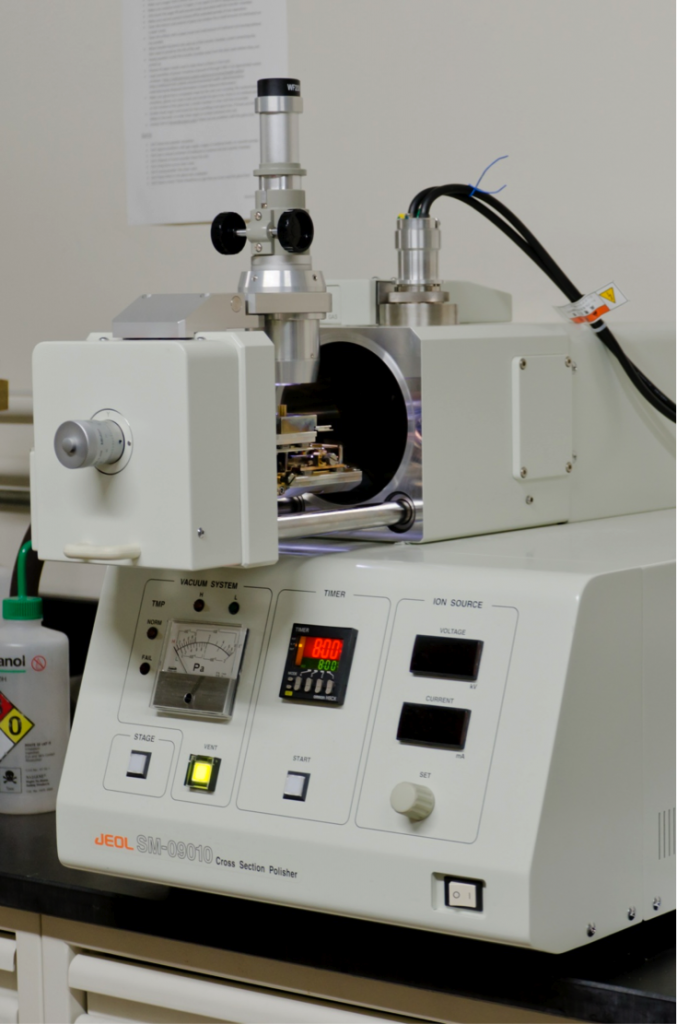Sponsor: Idaho National Engineering and Environmental Laboratory (INEEL) and U.S. Department of Energy Office of Industrial Technology
The ability of the sprayed deposit to capture features of the tool pattern accurately can eliminate costly machining, grinding, and polishing unit operations in conventional mold making and greatly reduces turnaround time. Moreover, rapid solidification suppresses carbide precipitation and growth, allowing many ferritic tool steels to be artificially aged, an alternative to conventional heat treatment. The ability to age tool steels artificially such as H13 and D2 tool steels, is not possible with conventionally processed material. Benefits include improved material properties, die life extension, and no risk of tool distortion during heat treatment. Run-to-failure tests in aluminum die casting indicated artificially aged H13 tool steel dies made by spray forming significantly outlasted conventional machined and heat treated H13 dies.
A collaborative project between the Idaho National Engineering and Environmental Laboratory (INEEL), University of California, Davis (UC Davis), and an industry team is to develop and demonstrate new iron-base tooling alloys that are tailored for rapid solidification processing such as spray forming. The work will address needs expressed by DOE’s Industries of the Future (IOF) Program by providing cleaner and more energy efficient and productive manufacturing. The IOFs most closely benefiting from this research are glass, metal casting, and steel, and the supporting industries forging and heat treating.

